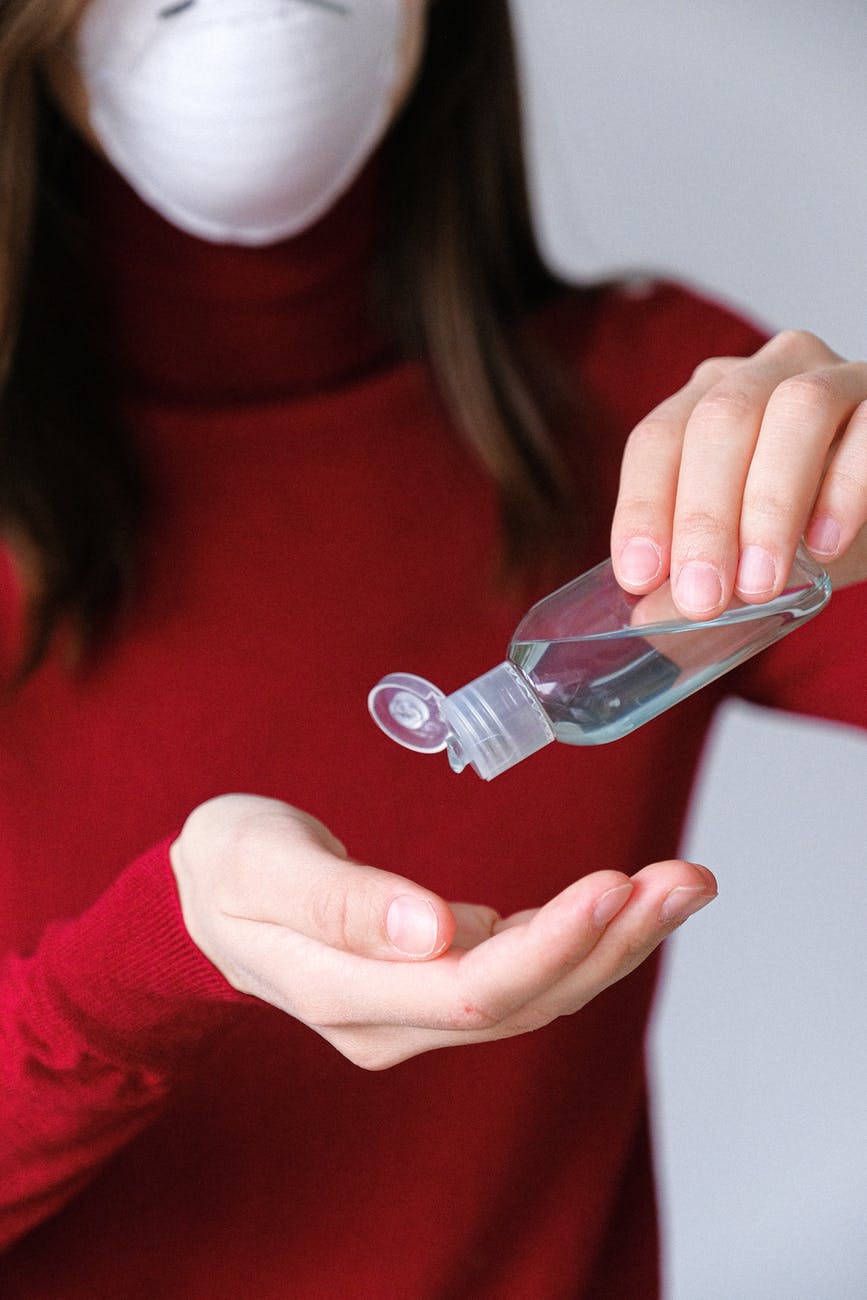
Did You Know This about Hand Sanitizer (not good)?
Over the past 12 months, people have been using an inordinate amount of hand sanitizer in order to help prevent the spread of the coronavirus.
And who can blame people from feeling like they can’t live without it?
The media has drilled it into our collective conscience, that coronavirus lives on every surface and can be passed on a whim, and so you need to be sure to vanquish germs ASAP.
But there’s a problem with hand sanitizer, one most people don’t fully understand, and the truth is even if coronavirus hysteria falls off the map, people are going to keep using hand sanitizer…
And that’s really not a good idea as we’ll explain.
This concentrate helps to knock out germs and does it without the clear and present danger that hand sanitizer presents.
The Untold Dangers Of Hand Sanitizer
On the surface, hand sanitizer seems like a good thing.
After all, what could be wrong with toting around a little bottle of germ-killer?
Turns out, there are a few things wrong with these products.
1 - It Can Cause the Development Of Superbugs:
Superbugs are a class of bacteria and viruses that resist normal treatments, and are effectively not killable by antibiotics.
Research shows that the overuse of hand sanitizer poses the same risk that the overuse of antibiotics does, it can cause germs to hurt us for years to come.
One of the main ingredients in hand sanitizer is triclosan, and there is evidence to show that triclosan can actually foster an environment where some bugs grow out of control!
Nicholas Garcia writes: 1 study has shown that prolonged use of germicides like triclosan can lead to outbreaks of tough-to-kill bacteria that are potentially extremely dangerous to society. Just in 2013 alone, the CDC reported that superbugs were responsible for “at least” 23,000 deaths.
Not only that, but another study[2] found that using triclosan might negatively affect your immune system, leaving you more vulnerable to more traditional illnesses (like the common cold).
2 - They’re Riddled With Nasty Chemicals:
Part of what gives hand sanitizers the ability to do what they do comes down to the chemicals they contain.
Not all chemicals are bad, mind you, but some of the ones in hand sanitizer are!
Most hand sanitizers either use alcohol or triclosan (mentioned above) to eliminate germs.
It’s not ideal to have either sitting on your hands for a while. Alcohol can dry out skin and crack it, which actually exposes it to germy invaders, and then other ingredients are known carcinogens. For instance, some of the hand sanitizers sold have artificial colors in them, which are banned in other countries. And still others have cancer-causing phthalates in them. And of course, you need to watch out for parabens, too. These are preservatives and can absorb into your skin and disrupt your endocrine system.
3 - They’re Not THAT Effective:
One of the main reasons not to use hand sanitizers is because they really don’t work all that well.
All that exposure to chemicals and possibly creating superbug outbreaks, for what?
Garcia continues in the article he wrote about hand sanitizers and says “while certain hand sanitizers (specifically, those that contain at least 60% alcohol) are great at killing off microbial life, they can also remove naturally produced oils and beneficial bacteria present on your skin, which, ironically, reduces your body’s defenses against disease.
Not only that, but studies have also shown that traditional soap and water is more effective at washing away certain kinds of dangerous bacteria,
Therefore, unless you have no access to soap and running water, stick to the standard hand-washing method. If you have no other option, then alcohol-based hand sanitizers with no added fragrance are your best bet — just be sure to have some sort of lotion on hand so that you don’t dry your skin out.”



